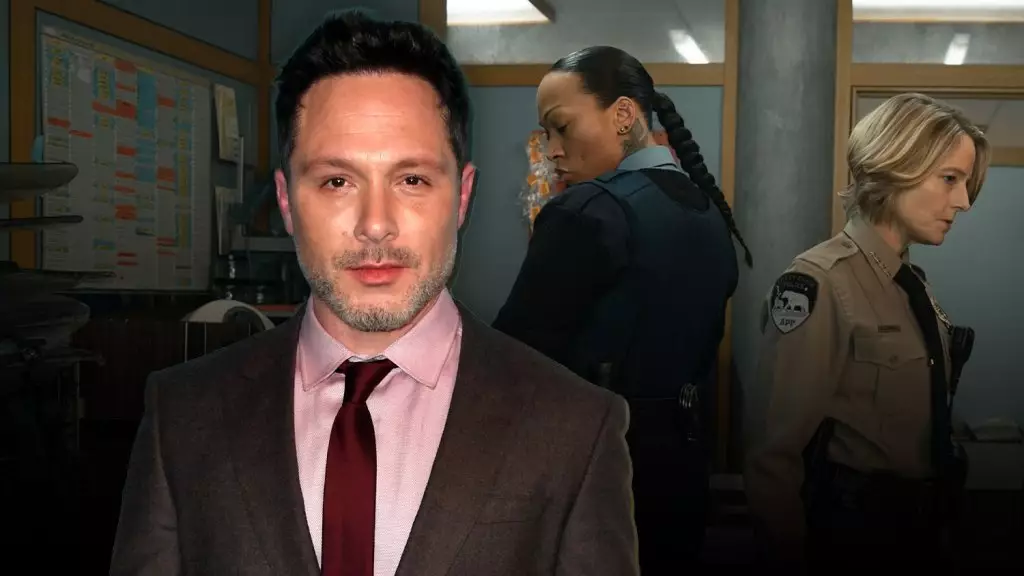The True Detective franchise has been a popular and critically acclaimed series, with its fair share of highs and lows. Season 4, however, seems to have stirred up quite a controversy due to comments made by the show’s creator, Nic Pizzolatto. Pizzolatto’s remarks regarding the latest season, particularly on social media, have not been well-received by fans and critics alike. Let’s delve deeper into the situation and analyze the implications of his actions.
Nic Pizzolatto, who is credited as the creator of True Detective, publicly expressed his dissatisfaction with Season 4 of the show, which stars Jodie Foster and Kali Reis. Despite being listed as an executive producer for the fourth season, Pizzolatto was not directly involved in its production. Instead, the series was written, executive produced, and directed by Issa López. Following the finale of True Detective: Night Country, Pizzolatto took to social media to open a platform for viewers to share their opinions, both positive and negative, about the show.
Pizzolatto’s Instagram post received a mixed response from fans, with many taking the opportunity to criticize the True Detective creator for his remarks. Some viewers accused Pizzolatto of spreading negativity and hate towards Season 4, while others defended his right to express his opinions. In response to one user’s criticism, Pizzolatto pointed out that his female lead character had received an Emmy nomination, suggesting that mediocrity was being rewarded in the industry.
Throughout the comments on his post, Nic Pizzolatto adamantly denied accusations of spreading hate towards Season 4 of True Detective. He emphasized that his remarks were not intended to create division or negativity, but rather to open a dialogue about the show’s reception. Despite facing backlash from some viewers, Pizzolatto stood by his comments and maintained that he had done nothing wrong.
The controversy surrounding Nic Pizzolatto’s comments on True Detective: Night Country highlights the complexities of creating and critiquing popular television shows. While creators have the right to express their opinions, they must also be prepared to face criticism from viewers and fans. As the debate continues to unfold, it is essential for all parties involved to engage in constructive dialogue and respect differing viewpoints. Ultimately, the true test of a show’s success lies in its ability to provoke discussion and reflection among its audience.

